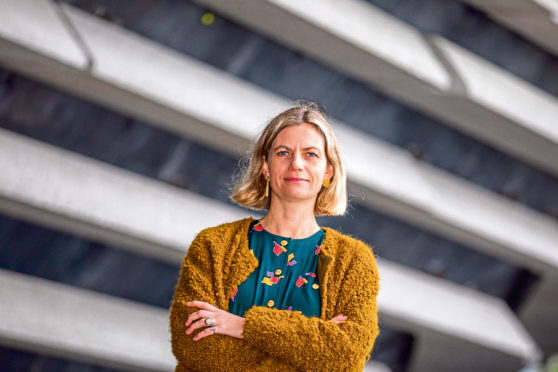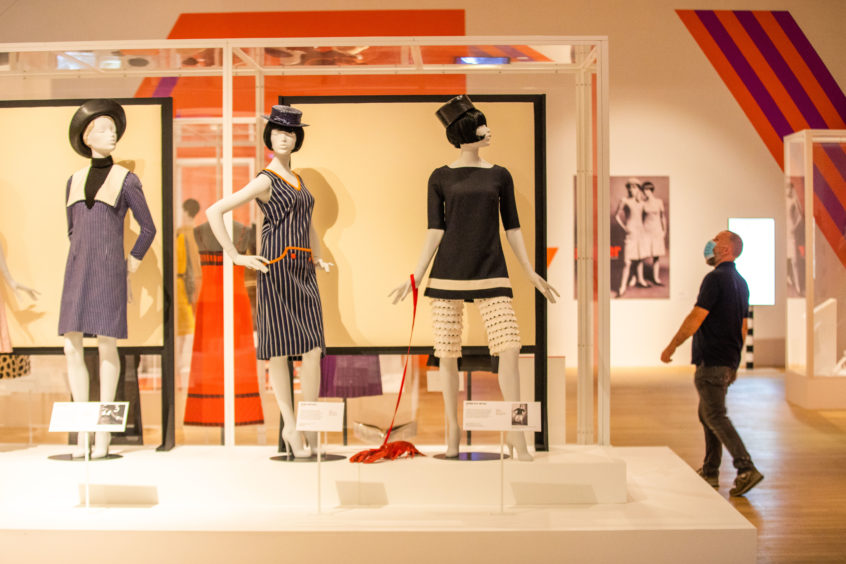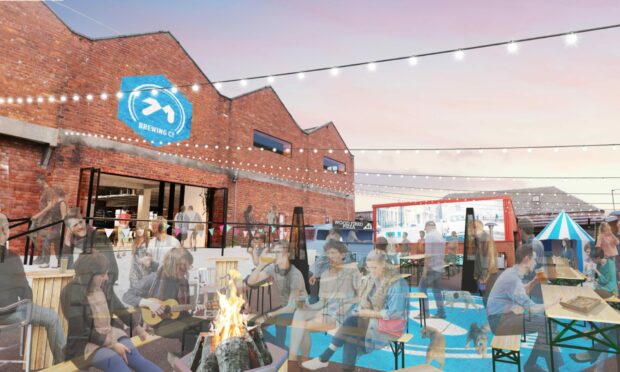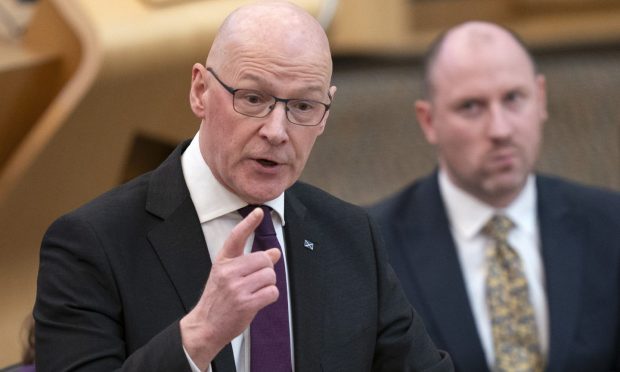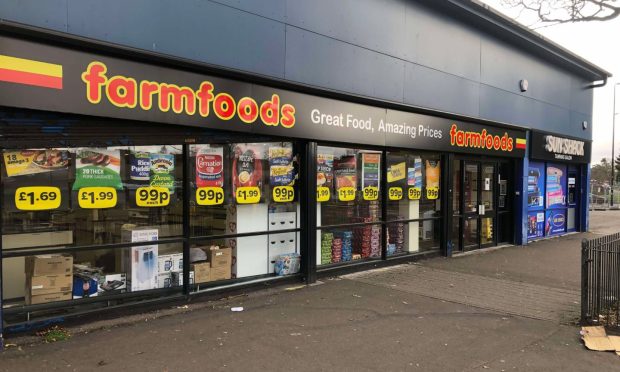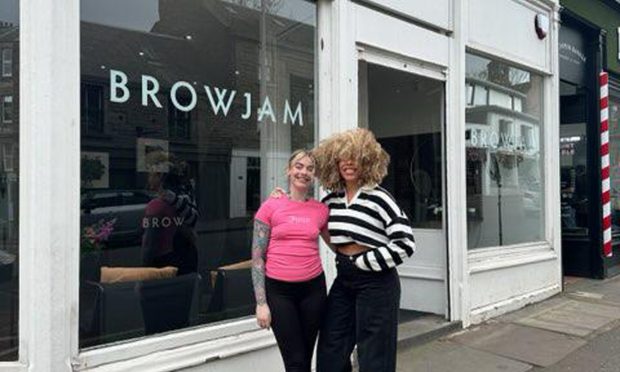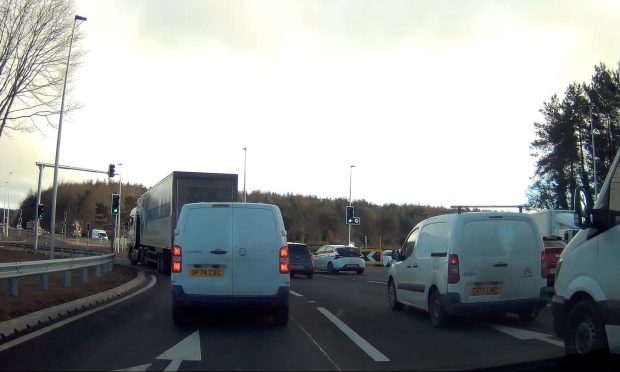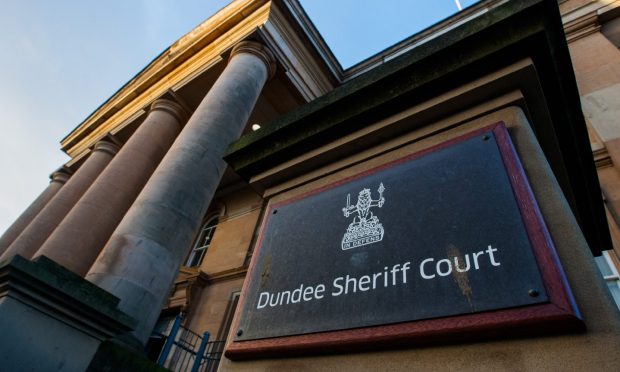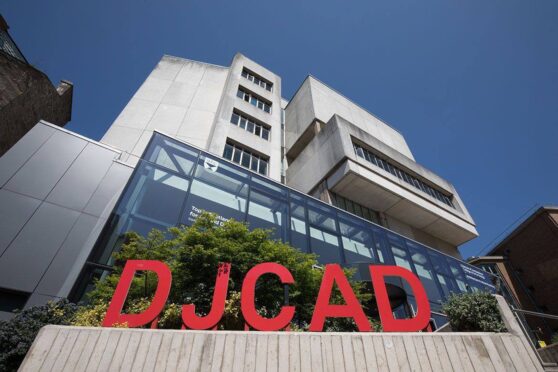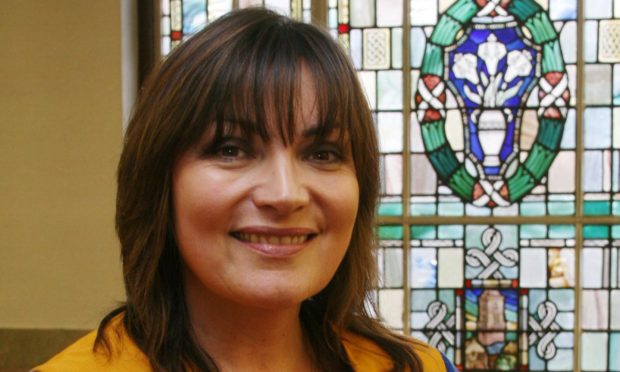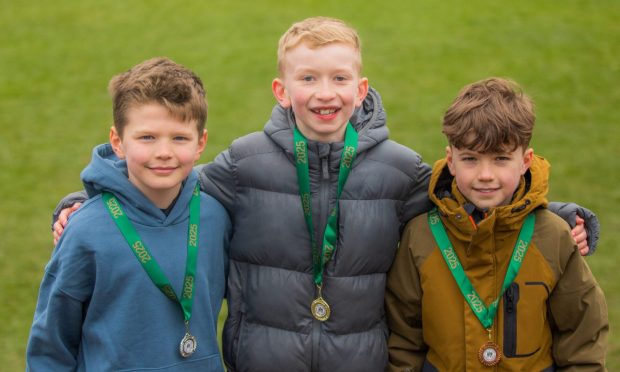Scottish Independence will not impact negatively on V&A Dundee, its new director has said.
In her first interview since taking up the role of V&A Dundee director at the start of this month Leonie Bell said the iconic riverside museum will continue to flourish no matter what happens with Scotland’s constitutional future.
Asked if a vote for independence would change the way V&A Dundee interacts with its counterpart in London, Ms Bell said: “I don’t think it would. Culture is already devolved so we work in a very collegiate partnership with the Scottish Government and with our partners in England, at the V&A in South Kensington.
“I can’t predict what might happen any more than anybody else can but no matter what happens with the constitutional future of Scotland we will continue to work in partnership with our V&A partners and with the Scottish Government, who were a key part of our founding and will be a key part of our future.”
V&A Dundee reopened on August 27 after being closed for more than five months due to Covid-19.
Ms Bell said coronavirus has been enormously damaging to the arts sector – but has faith it will survive and emerge stronger.
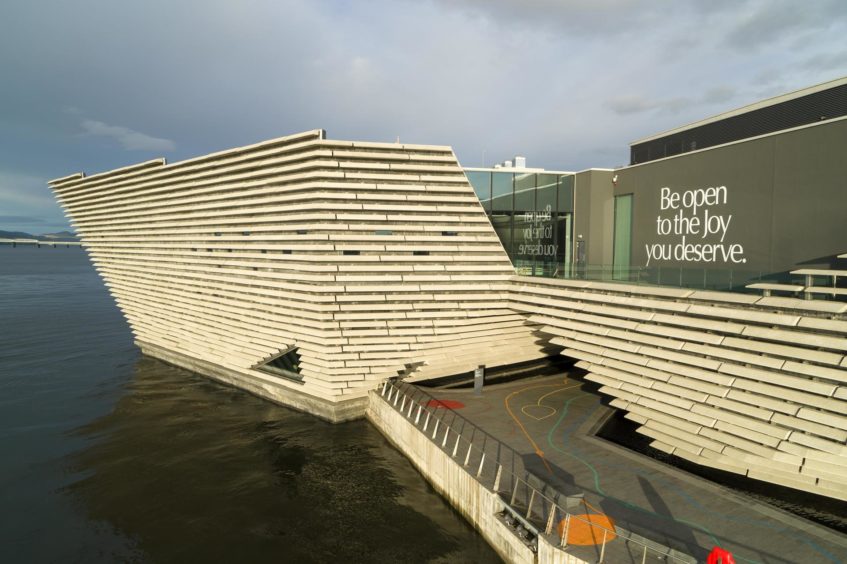
“Covid is the most challenging thing the arts sector has ever faced,” she continued. “There were challenges there anyway and it has heightened and exposed them. We were all a bit naïve at the start of Covid. It was about when will it end but now it’s about how do we live with it. It challenges the instincts that everyone who works in the arts has, which is to create and gather people together. But the appetite in audiences is still there. People want to be in cultural spaces and they want to be together even if they’re masked and socially distant.”
To comply with social distancing and other Covid-19 measures, the museum has reduced its capacity by more than two thirds, from 2,500 visitors a day to 800.
Since reopening in late August V&A Dundee has hit its 800 person capacity almost every day, welcoming 34,000 visitors in the past two months.
“In my first couple of weeks here I’ve been really taken aback and overjoyed by how much audiences want to be here,” Ms Bell said. “That’s something for us to hold onto when we’re thinking about the future of cultural places. Digital is wonderful but you can never take away the real experience of sharing something together.
“We quite often focus on the outside of V&A Dundee – it is extraordinary and a spectacle, and different every time you look at it – but the building inside with its wood and its light and its open planes is a bit like a sanctuary at the moment. I think we all feel very safe and very welcome in it.”
Coronavirus will continue to present challenges, Ms Bell said, as will the end of the Brexit transition period, scheduled for December 31.
“Covid will of course bring some challenges when it comes to organising new exhibitions and Brexit also brings some issues around shipping, the movement of goods, the movement of people and so on. But we knew that was coming so we’re working to overcome those problems.”
Ms Bell, 45, was born in Dundee and grew up in Newport before studying at Glasgow University.
She was involved in Glasgow’s cultural renaissance during its time as City of Architecture and Design in 1999, then became programme director of the Lighthouse Scotland Centre of Architecture and Design. She worked for the Scottish Government, helping create Scotland’s first cultural strategy in more than a decade.
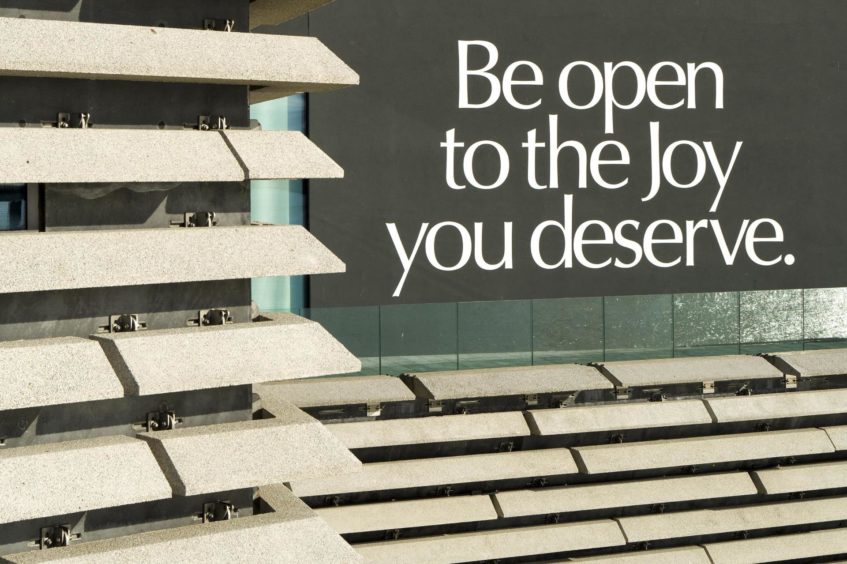
She then led the Future Paisley Partnership at Renfrewshire Council, spearheading the town’s cultural regeneration – a role she said helped prepare her for her job at V&A Dundee.
Ms Bell believes V&A Dundee and the city’s other cultural institutions, including the DCA and Dundee Rep, are better placed to bounce back from the crisis than organisations in many other cities.
This is thanks in large part to the Dundee Cultural Recovery Fund. Led by V&A Dundee with fund matching by the Northwood Charitable Trust – DC Thomson’s charity arm – the fund has already reached more than £700,000 of its £1 million target.
“The best emblem of art organisations working together is the cultural recovery fund. No other city or town in Scotland has that. Dundee is such a cultural place and I can’t wait to work in partnership with the other cultural organisations. “At the moment with restrictions it’s mainly local visitors but things will ease eventually. We’re greater than the sum of our parts and people should come here to see all of us. For a city our size Dundee has the most outstanding cultural sector.”
